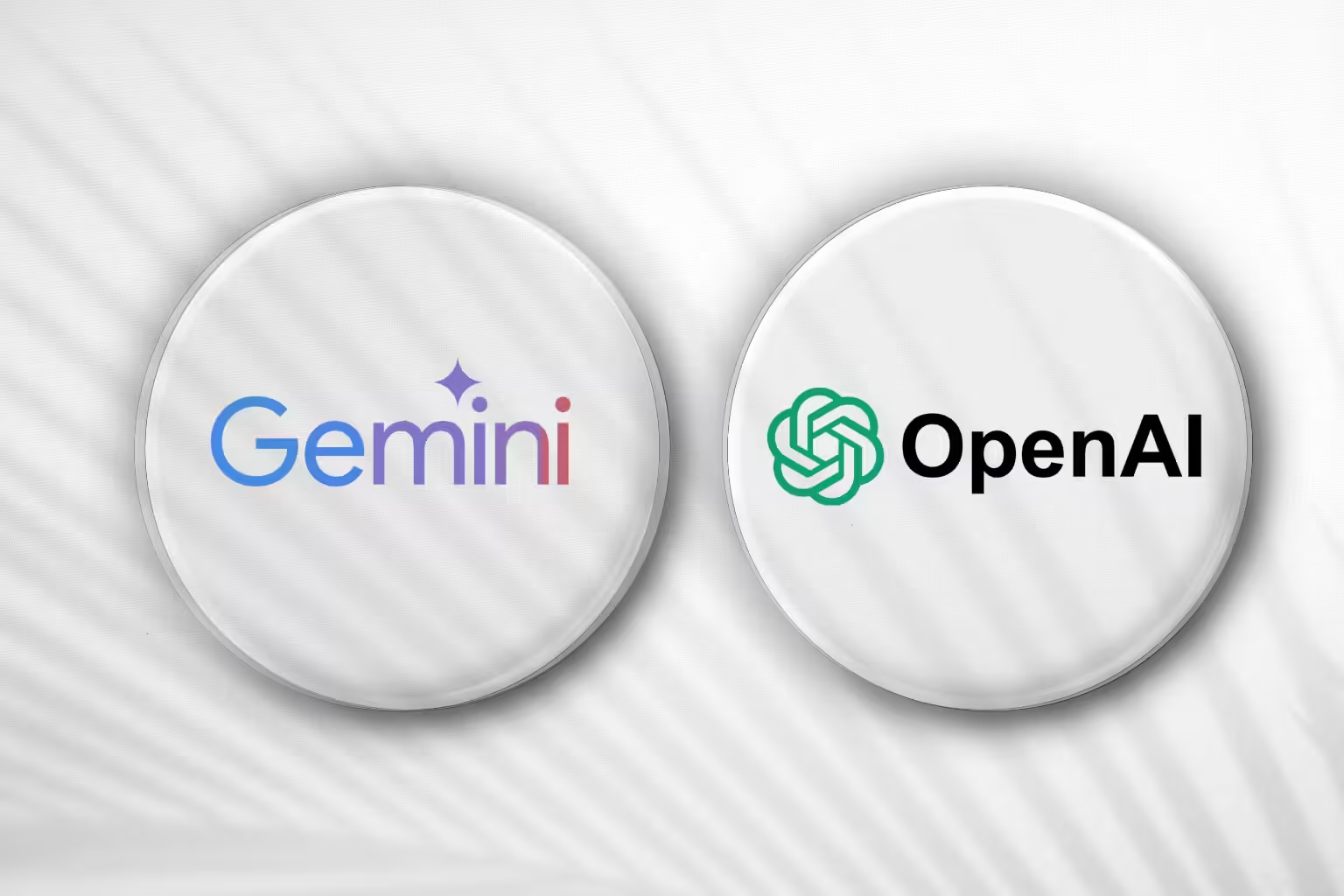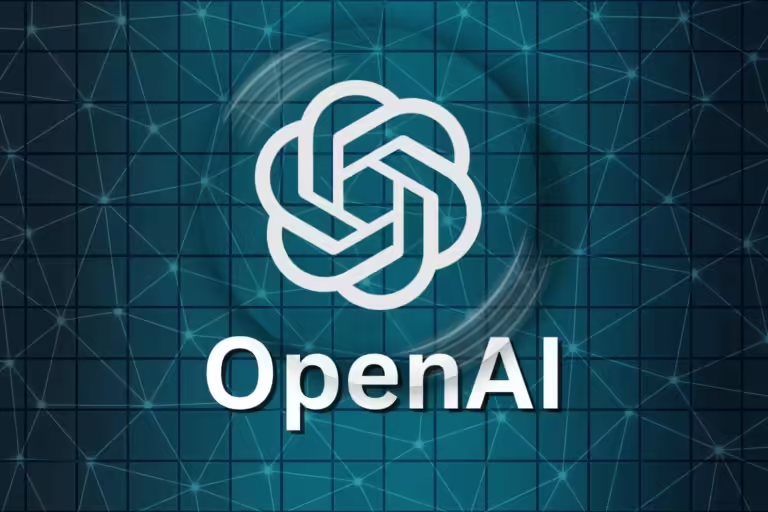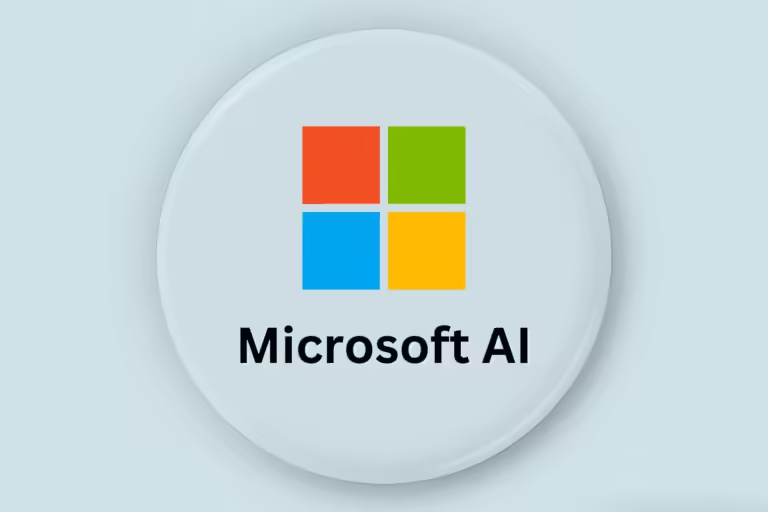
OpenAI Adds Gemini AI for Enhanced Access and Versatile Developer Solutions
Google’s newest model, Gemini AI, can now be accessed through the OpenAI library. This is a big deal for the AI community because developers can use both platforms more easily and freely.
The firm’s machine intelligence arm Gemini AI is a recent addition to the OpenAI library in an effort that seeks to streamline work processes and open up more opportunities for developers. It also provides Gemini to work in parallel with other models like OpenAI’s GPT-4 making it a viable option for those catering to powerful or different options. For Google, it is about making the advanced capabilities of Gemini AI available to as many developers as possible without needing to rip and replace their systems through integration into the OpenAI ecosystem.
Simplifying Gemini Integration in the OpenAI Ecosystem
By utilizing the OpenAI library, Gemini was able to minimize the entry costs that developers almost always encounter when transitioning to new AI frameworks. And now with Gemini, developers can incorporate it into their existing work processes which is efficient and effective. This approach removes the most significant concern of migration, where specific integration can be added to existing OpenAI code instead of rewriting and migrating entire parts of an application, making Gemini an attractive option to complement or bolster application functions.
This integration is designed to align with OpenAI’s model interfaces, ensuring a smooth transition for developers familiar with OpenAI’s tools. With performance that aims to match or exceed that of its counterparts, Gemini provides developers with a versatile option for scaling AI-driven applications. This compatibility reassures that Gemini can handle intricate and realistic interactions to overcome some shortcomings observed in other models in handling metric or extended conversations.
Ease of Transition: Google’s Developer-Centric Approach
Understanding the challenges developers face when moving between AI platforms, Google has introduced comprehensive migration tools and documentation to facilitate a seamless transition to Gemini. For those accustomed to OpenAI’s APIs, the switch is simplified by similar syntax and coding structures, along with step-by-step guides to optimize Gemini’s functionality within OpenAI’s framework.
Google has focused on enhancing Gemini’s contextual understanding to support more nuanced and intricate tasks, benefiting from Google’s robust data resources. The model’s extensive training enables it to perform effectively across various applications, addressing domain-specific terminology and improving coherence over extended interactions.
Expanding Developer Options with Gemini’s Advanced Features
Gemini’s arrival in the OpenAI library marks a milestone in creating a more interoperable AI ecosystem, allowing developers to leverage both OpenAI and Gemini models without sacrificing efficiency. With Google’s commitment to performance and developer ease, Gemini provides a viable addition or alternative for those looking to maximize AI capabilities with minimal disruption. As AI technology continues to advance, Gemini’s integration in OpenAI’s ecosystem offers developers a powerful toolset to enhance applications across industries, from enterprise solutions to specialized tasks.
By incorporating Gemini into the OpenAI library, Google demonstrates its commitment to fostering accessibility and flexibility for developers, ensuring that Gemini stands as a robust competitor in the AI landscape.


